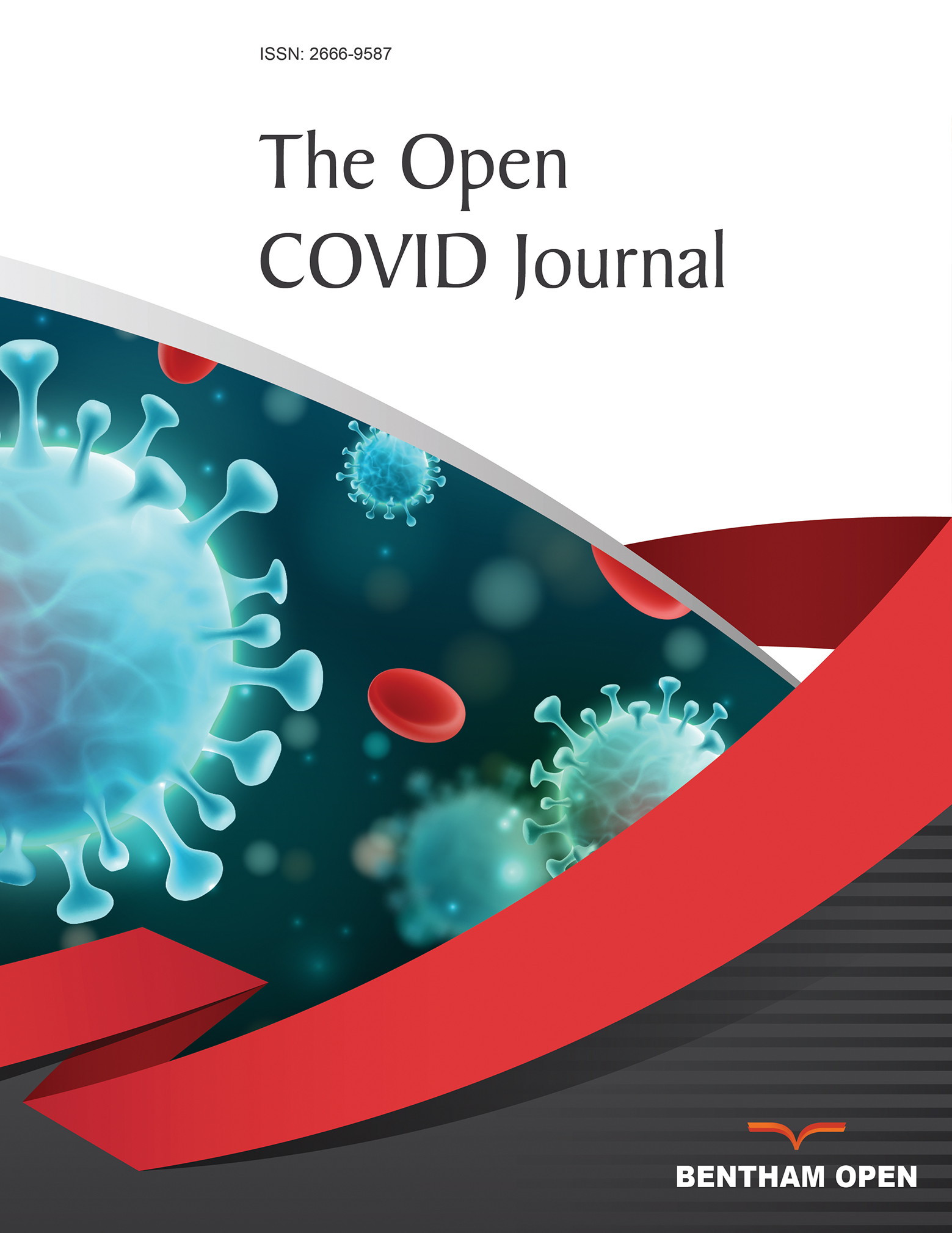All published articles of this journal are available on ScienceDirect.
Bacterial Quorum- sensing Signal Molecules as Potential Inhibitors of Cytokine Storms in COVID-19
Abstract
In this perspective article, we suggest that bacterial quorum-sensing signal molecules (QSSMs) be systematically screened and evaluated for their ability to exert anti-inflammatory activity in the context of COVID-19-associated cytokine storms and other hyper-inflammatory conditions. Rapid and relevant in vitro screening of these and other compounds (natural or synthetic) can be accomplished by a careful choice of assay systems that are relevant to the disease context. Some lines of evidence indicating the utility of using such an approach, its potential benefits and risks during actual usage, as well as avenues for further research, are discussed.


